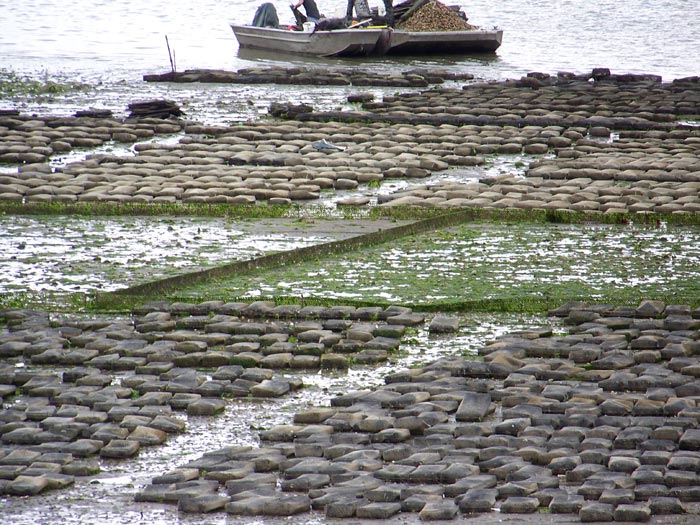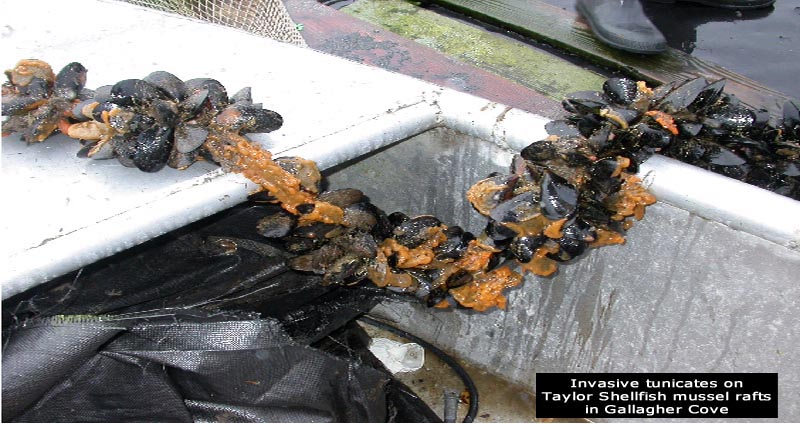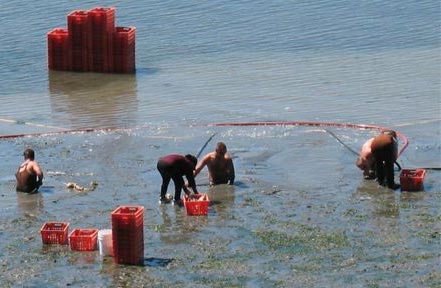Billy Frank writes about the Nationwide Permit program:
"...There's also little consideration of how multiple projects in a certain area might result in greater habitat damage."
"The Clean Water Act says that the Corps can't authorize the permits if they cause more than minor harm to the marine ecosystem alone, or combined."
"The Corps' nationwide streamlined permit process might make sense in other parts of the country, but not here. This isn't the Mississippi River or Florida. They don't have salmon. We do, and they're in trouble."
"We're not asking the Corps to stop issuing permits for shoreline work nationwide, but rather for the Seattle District Office to switch to an individual permit system that acknowledges the need to protect and restore salmon habitat in Western Washington."
Our comment: We agree. We would also add it is time for agencies and the public to turn around and look at what is happening to the intertidal tideland ecosystem through this program and others. Aquaculture is transforming the most critical habitat area used by salmon into a sea of plastic growout bags, PVC tube structures on the tidelands, and fields of mussel rafts on the water.
Plastic grow-out bags
PVC Tubing
Claims of creating "structure" and "biodiversity" are countered with the fact this artificial ecosystem and anything dependent on it is destroyed every time harvesting occurs, as was the original ecosystem in place. Recovery? It will never recover as long as "farming" cycles occur. Biodiversity? Introduction of non-native species and creating "structure" where invasive species take hold (see tunicates on non-native mussels above) is not healthy for Puget Sound.
("harvesting" geoduck through injection and liquefication of sediments)
(note sediment plume behind "farmers")
To allow cumulative adverse impacts to occur through the Nationwide Permit program, whether through tideland development or through upland development, together or alone, puts habitat the salmon of Puget Sound rely on at great risk. We believe the Clean Water Act is clear.






No comments:
Post a Comment